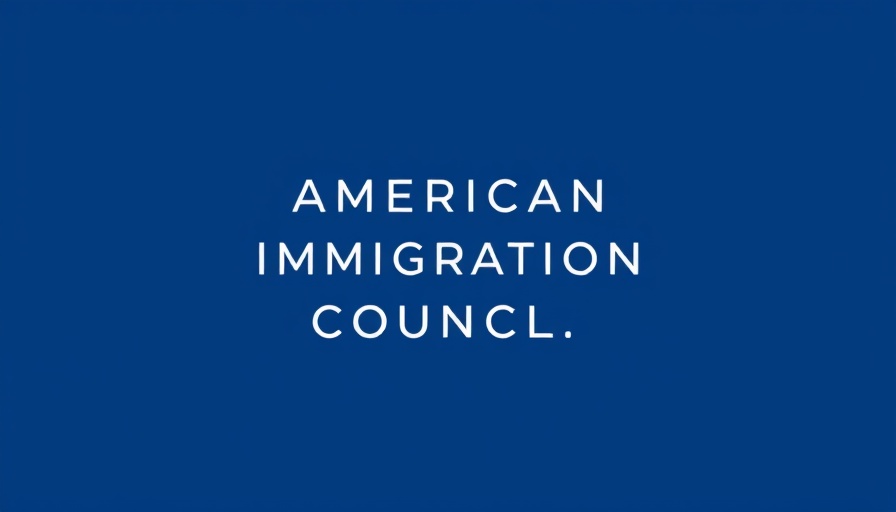
Trump Administration Increases Focus on Denaturalization
The Trump Administration's renewed emphasis on denaturalization is raising alarms among immigrant rights advocates. The Department of Justice (DOJ) has released a memorandum that prioritizes the enforcement of denaturalization—a dubious process that strips U.S. citizenship from individuals. The memo suggests an uptick in cases, a stark turnaround from the previous years when such cases were quite rare.
Understanding Denaturalization
Denaturalization refers to the legal process through which a person is deprived of their U.S. citizenship, typically executed via federal court. Prior to Trump’s presidency, denaturalization cases averaged about 11 annually. However, under his administration, a significant surge in such proceedings has been noted, prompting concerns over due process and civil rights.
Legal Standards for Denaturalization
To successfully denaturalize an individual, the government faces a challenging burden of proof. In civil cases, the DOJ must provide clear and convincing evidence that the citizen hid important facts or misrepresented themselves during the naturalization process. In criminal cases, the DOJ's responsibility is even higher, requiring proof beyond a reasonable doubt that the individual committed fraud. The implications of these standards were underscored in a Supreme Court ruling that highlighted the necessity of a false statement being material in order to hold grounds for denaturalization.
Concerns for Naturalized Citizens
Naturalized citizens have expressed growing anxiety about the ramifications of these denaturalization efforts, especially concerning international travel. However, experts including attorneys from the Murthy Law Firm assert that fears are largely unfounded. A naturalized citizen returning to the U.S. with a valid passport cannot generally be compelled to prove anything about the legitimacy of their citizenship status upon entry.
Implications for Business and Immigration Processes
This shift in enforcement priorities not only affects individual rights but could also influence the landscape for business immigration. Lenders, banks, and credit card providers must remain vigilant as immigration policies evolve. Understanding the nuances of denaturalization can empower financial institutions to better support their clients, particularly those from immigrant backgrounds.
 Add Row
Add Row  Add
Add 




Write A Comment